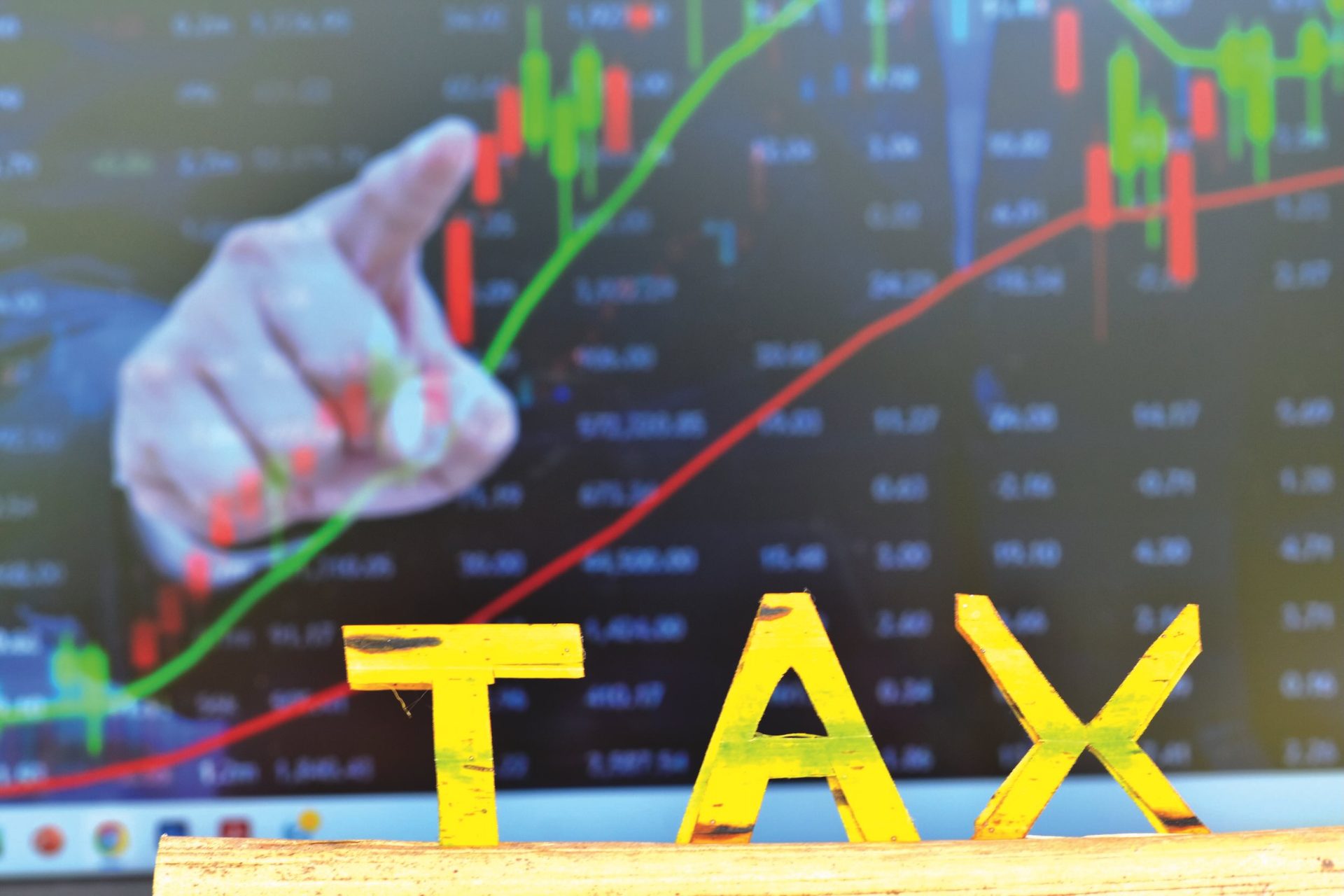The draft of the amended Personal Income Tax Law recently released by Vietnam’s Ministry of Finance has sparked significant debate with a notable proposal: changing how taxes are applied to income from securities transfers. The proposed change has attracted widespread attention among investors and financial experts. More than just a technical tax calculation issue, this shift could have profound implications for the stability and future development of Vietnam’s capital market. New proposal, ongoing debate Under current regulations, personal income tax on securities transfers is calculated at a flat rate of 0.1% on the total transaction value, regardless of whether the investor makes a profit or a loss. This mechanism, in place for about a decade, is widely praised for its simplicity and ease of implementation, while ensuring a stable source of government revenue. However, its simplicity also reveals a significant drawback: investors must pay tax even when incurring losses. This contradicts the fundamental nature of income tax, which is intended to apply only when actual income is earned. This approach not only affects investor sentiment but also risks undermining trust in the fairness and logic of the current tax policy. In response, the draft law proposes a new method: applying […]
A roadmap, not a leap
By Luu Minh Sang (*)









